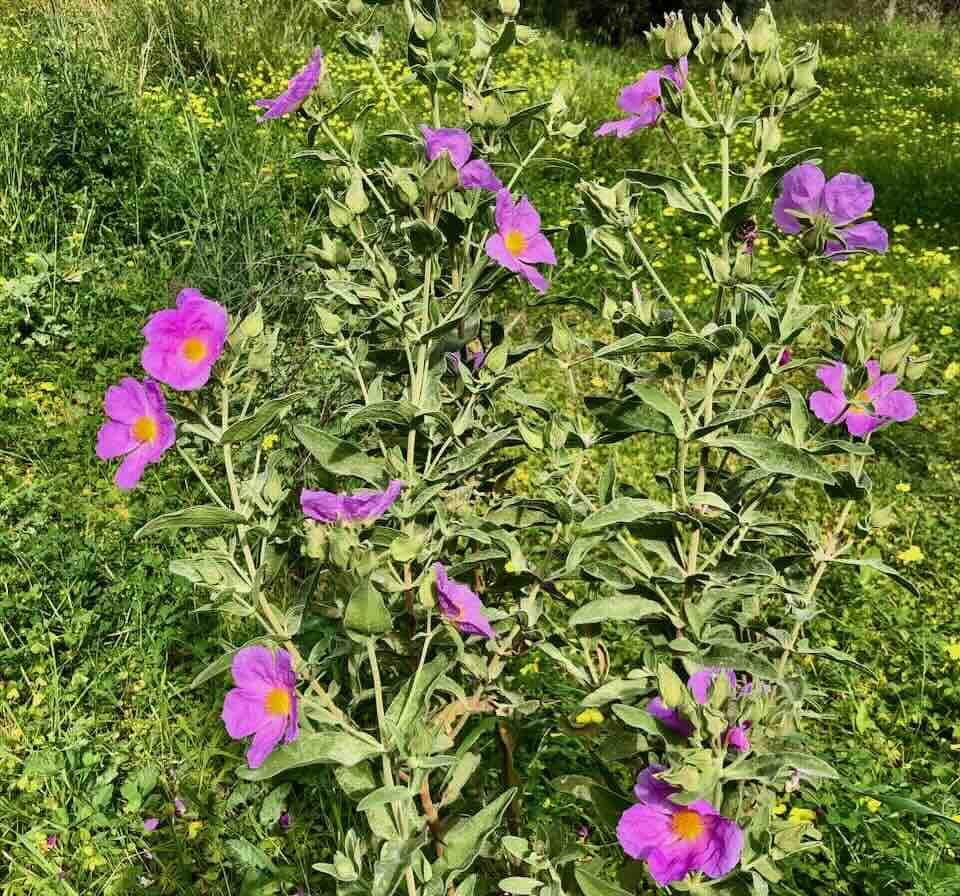Felsenrose PhNT
When tradition meets science
This project focuses on the development of a standardized plant extract derived from Mediterranean species with a longstanding ethnopharmacological use in the modulation of nervous system activity and cognitive attention.

Preliminary Results

